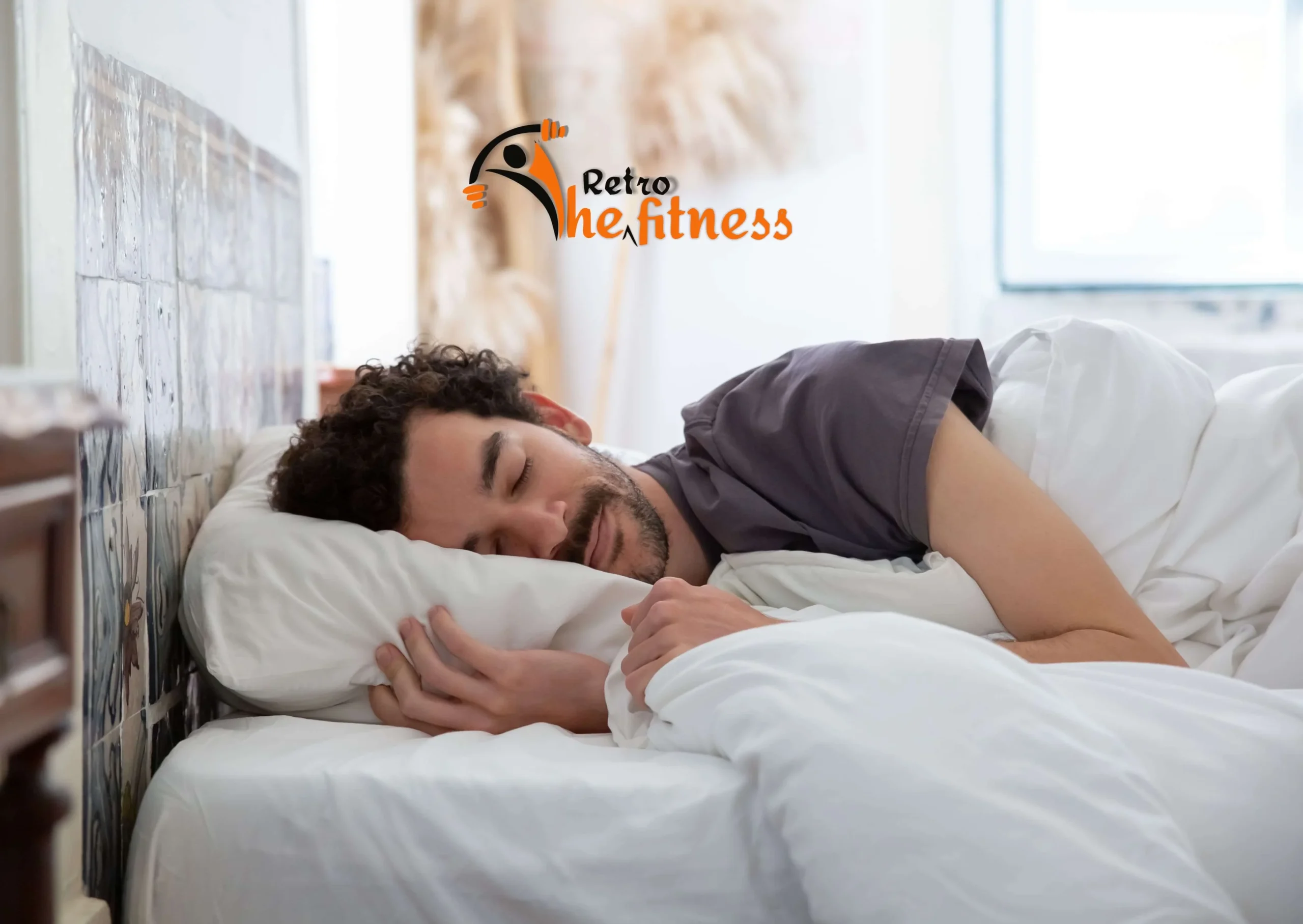
Sleep Matters
According to the Centers for Disease Control and Prevention, more than 35 percent of people don’t get enough sleep, meaning one in three people don’t get enough sleep on a regular basis.
If you work, go to school or lead a busy life, you can definitely relate. Some people feel better with little or no sleep, while others feel the effects more acutely. Surprisingly, things like coffee, energy drinks, and tea help motivate us on those days when we need a little energy boost, but relying on them in the long run may not be the best solution, especially if you’re into fitness. Isn’t it funny that as children we dread going to bed, but as adults we look forward to it? Now I feel like there are never enough hours in the day.
Sleep and exercise are important parts of a healthy lifestyle. But if you had to choose between them, which one would you choose? When asked what’s most important, Pradeep Bhadauria, a sleep medicine researcher at Cipla, replied wryly: “Sleep is as important as exercise … lack of sleep can be a risk factor – The enemy of muscles…” Do you know why ?
Performance Level
If you’re inactive, you may not need as much sleep as the next person. If you lead an active lifestyle, your body needs immediate rest. When you are well rested, you can perform at your best. This means more intense workouts/exercises and less fatigue. We all know that feeling of giving up in the middle of a workout because you’re too tired. I think everyone has had times when they’d rather sleep than exercise. The goal is to plan your day so that you get 7-8 hours of sleep, as well as time for physical activity to balance the effects of both. If you do an intense workout, you may need more than 8 hours to effectively recover your muscles for your next workout.
Rest-Relaxation & Recovery
If you think you can build muscle in the gym, you are wrong. You tear muscle fibers in the gym and repair or strengthen muscles at rest. Recovery time is very important in your fitness program, so you should pay attention to your sleep schedule. By incorporating the recommended 8 hours (or more) into your daily routine, you can feel stronger, work harder, and build muscle than if you dieted without sleep. Most athletes are advised to get 7 to 10 hours of sleep as it is very important. Once your muscles have fully recovered, they can be stronger than ever. Sleep also improves mental health and hormonal balance.
Tips of Sleep:
- Make a clear schedule and try to stick to it even on weekends, holidays, etc.
- Create a sleep ritual or routine for falling asleep.
- Make sure you are not hungry or full when going to bed.
- Cool air can improve sleep quality
- Sleep quality before midnight is generally better than after midnight.
- Make sure the room is dark and quiet
Diet & Nutrition:
What is the relationship between sleep and nutrition? There doesn’t seem to be a connection, especially if you eat a healthy diet. Several studies have shown that sleep deprivation is associated with weight gain and obesity, and that less than 7 hours of sleep per night can reverse the effects of the diet. If you struggle to stay on top of your diet and eat right, it can be a nightmare. Researchers believe that chronic sleep deprivation can increase weight in several ways: increasing food intake or decreasing energy expenditure. If you don’t get enough sleep, your hormones can be out of whack, including hunger and appetite. Additionally, since you are awake for several hours, you may feel hungry more often. If you stay up until 2 a.m. and usually go to bed around 10 p.m., your body may feel hungry because your schedule is off the table.
Certain foods can disrupt your sleep because they keep you awake. Like Coffee, Carbonated drinks etc.
Fat Cell Synthesis
According to a study by ICMR National Institute of Research in Tribal Health (NIRTH), Jabalpur. sleep is a very important part of energy metabolism. Researchers have found that if you don’t get enough sleep, your fat cells won’t function properly. You might say, “I don’t need fat cells!” In fact, you do it because it is important for everyday life. Fat stores and releases energy in the body, which is an important function. You might think a few hours of sleep is best, especially since a cup of espresso makes you feel almost 100% healthy. Even if you feel better after drinking caffeine, your hormones are out of sync. If you don’t get enough sleep, especially for days in a row, your body can become resistant to insulin, the main storage hormone.
Researchers studied 14 people who ate the same diet and slept at different times over four days and divided them into two groups: those with poor sleep quality (4.5 hours per night) and those with normal sleep (8.5 hours per night). The impact is huge. Seven of the seven sleep-deprived subjects had insulin resistance, but the well-rested subjects did not. Your body relies on fat to pump more insulin because it doesn’t respond to insulin regularly. Excess insulin is harmful because it stores fat in the wrong places. Thus, insulin imbalances due to lack of sleep can lead to severe weight gain, which can lead to obesity and possibly diabetes. This is a bigger problem than we think.
Sleep and Motivation
Research shows that poor sleep habits, such as irregular bedtimes and lack of sleep, can also have a negative effect on mood regulation. So if you’re having trouble achieving your goals and can’t figure out why, change your sleep pattern and try again.

